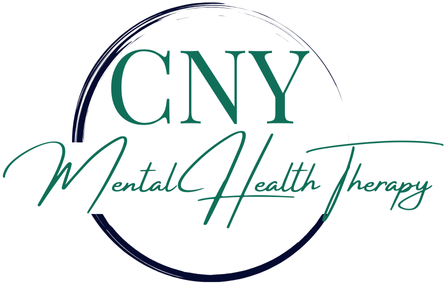
We've all been there: feeling overwhelmed, stuck in a rut, or just plain "off." But how do you know if what you're experiencing is a normal part of life's ups and downs, or if it's something that could benefit from professional help?
Deciding to see a therapist is a personal choice, and it's a sign of strength, not weakness. A therapist can provide a safe space to explore your thoughts and feelings, learn coping mechanisms, and gain a fresh perspective. If you're wondering whether it's the right time for you, here are eight signs that it might be time to go to a therapist.
1. Your problems are affecting your daily life. Are you struggling to get through the workday, keep up with your studies, or maintain your relationships? If your emotional or mental state is consistently interfering with your ability to function in your daily life, it's a strong indicator that you could use some support.
2. You've lost interest in things you used to enjoy. A lack of pleasure or interest in hobbies, social activities, or other things that once brought you joy can be a sign of depression or other mental health concerns.
3. You're using unhealthy coping mechanisms. Turning to alcohol, drugs, excessive eating, or other destructive behaviors to numb your pain is a red flag. A therapist can help you develop healthier ways to manage stress and difficult emotions.
4. Your relationships are suffering. Are you constantly fighting with loved ones, withdrawing from friends, or finding it difficult to connect with others? Unresolved emotional issues can strain even the strongest relationships.
5. You've experienced a significant life change. Grief, job loss, a breakup, or a major move can all trigger intense emotions. A therapist can help you navigate these transitions and process your feelings in a healthy way.
6. You feel stuck or hopeless. If you feel like you're in a perpetual state of despair, or if you can't see a way out of your current situation, it's time to seek professional help. A therapist can help you identify your strengths and create a path forward.
7. Your friends and family have expressed concern. Sometimes, the people closest to us notice a change before we do. If your loved ones have expressed worry about your mood, behavior, or well-being, it's worth taking their concerns seriously.
8. You just feel like you need to talk to someone. You don't need a "good enough" reason to see a therapist. If you have a persistent feeling that you could benefit from a neutral, confidential space to talk, that's reason enough.
Taking the First Step
If any of these signs resonate with you, consider reaching out to a therapist. The process of finding the right one can take time, but it's a worthwhile investment in your mental and emotional health. Many therapists offer a free initial consultation, so you can see if it's a good fit before committing to a full session.
Remember, seeking help is a courageous and proactive step toward a happier, healthier you.

Jessica Butler
Contact Me




